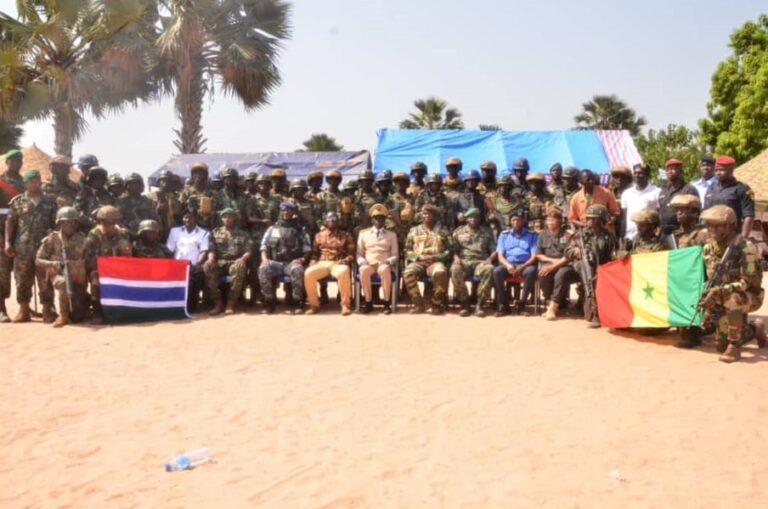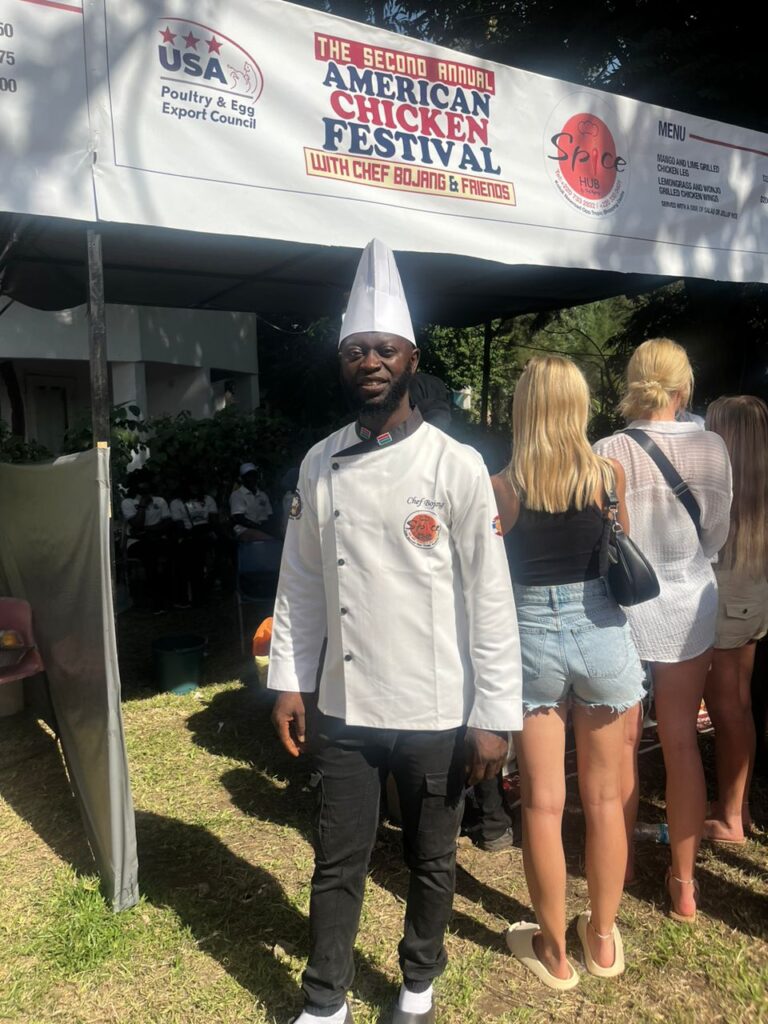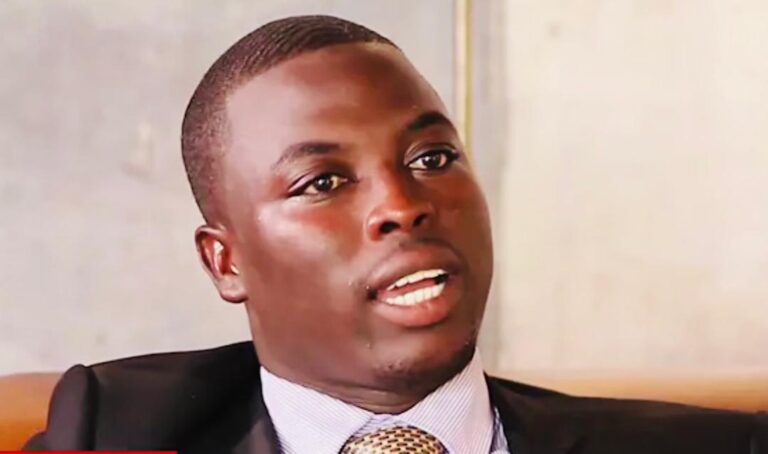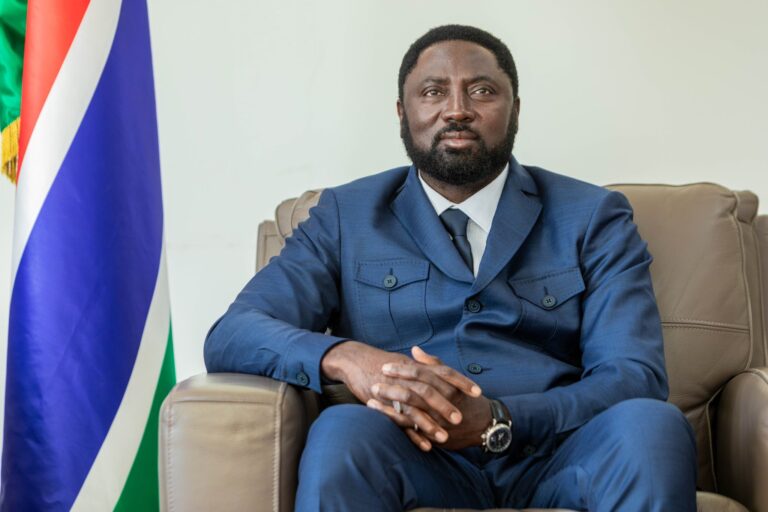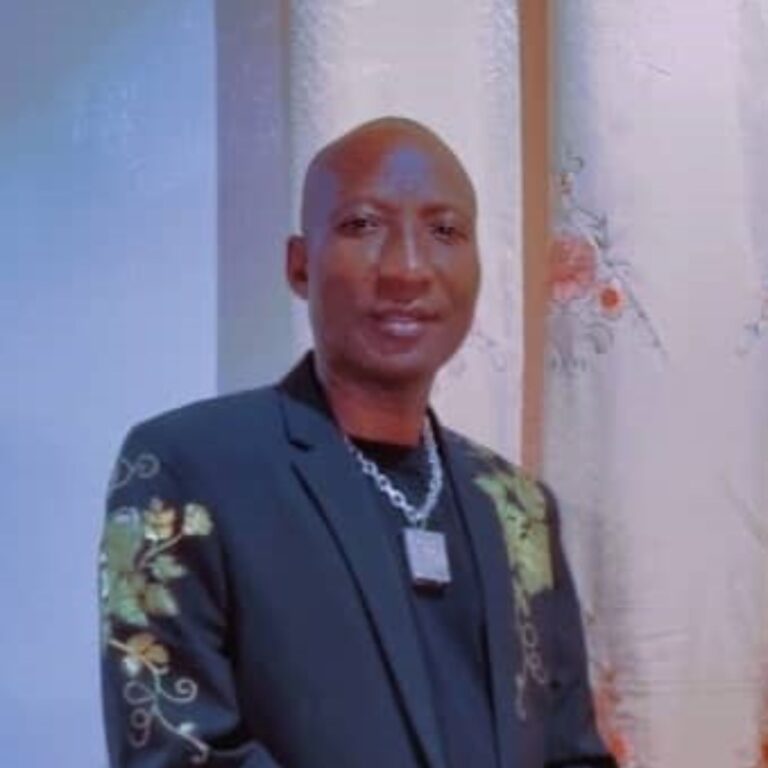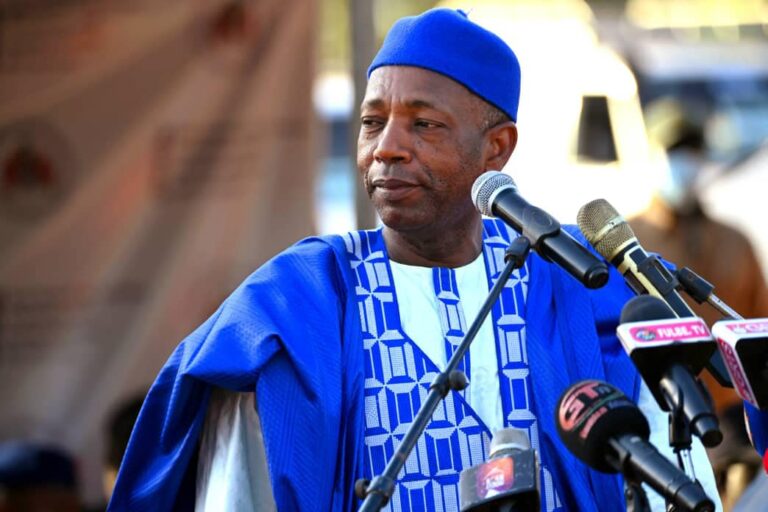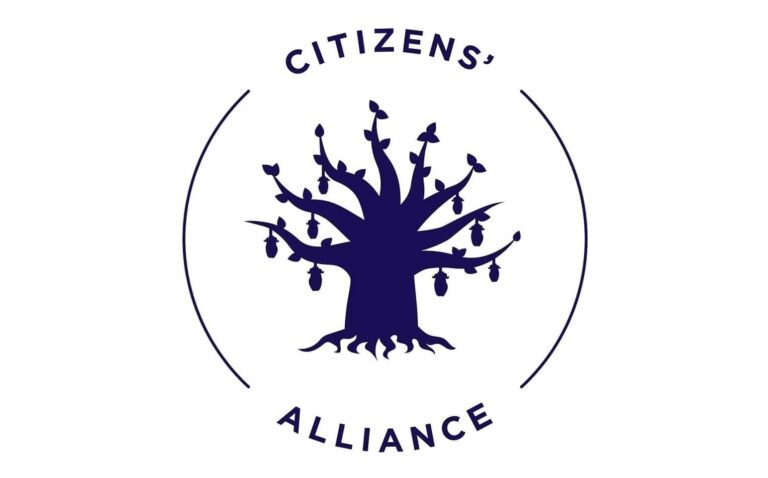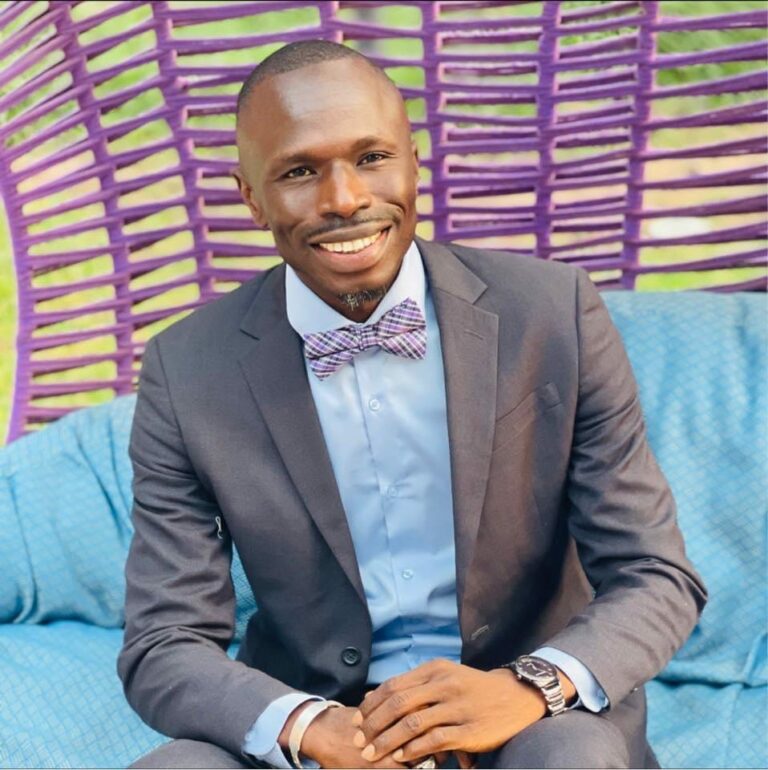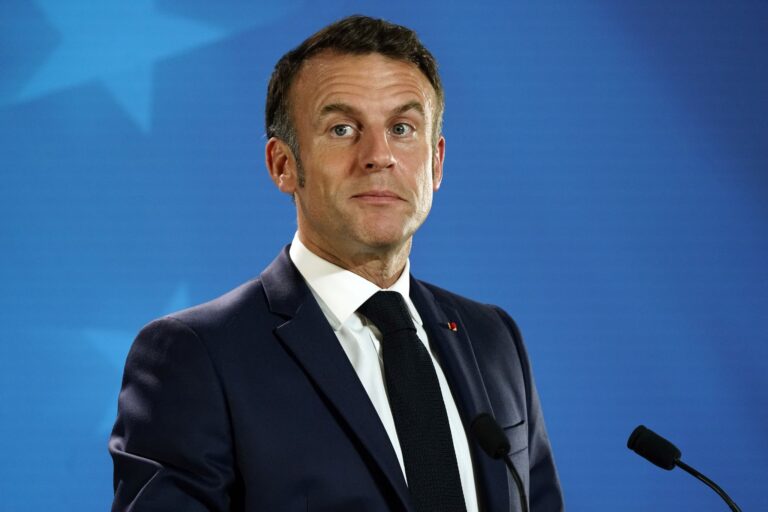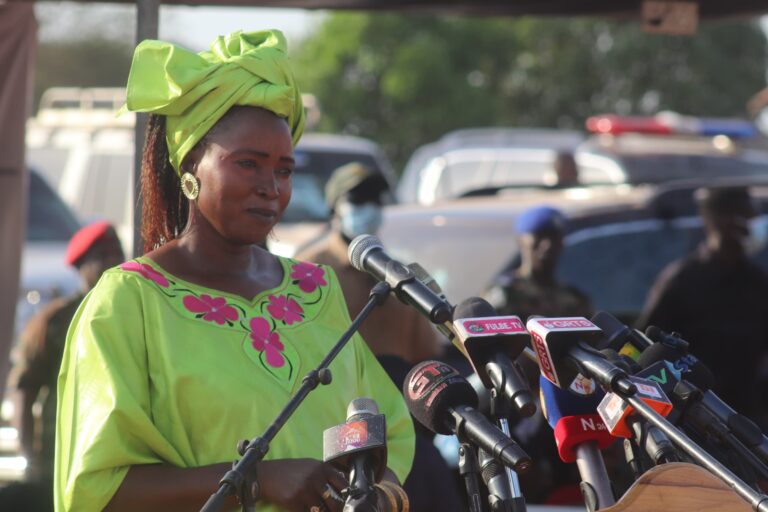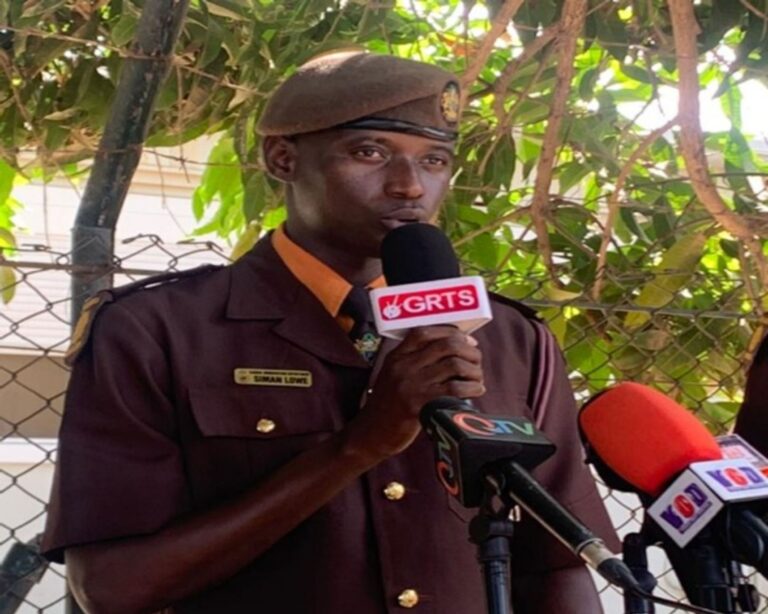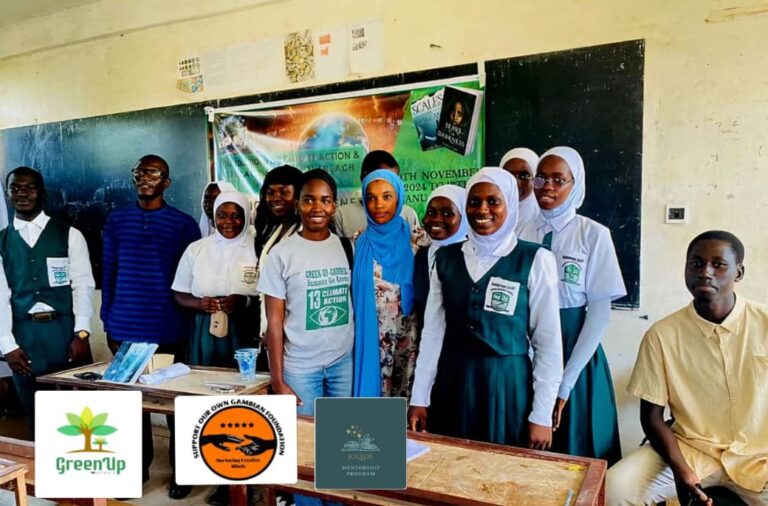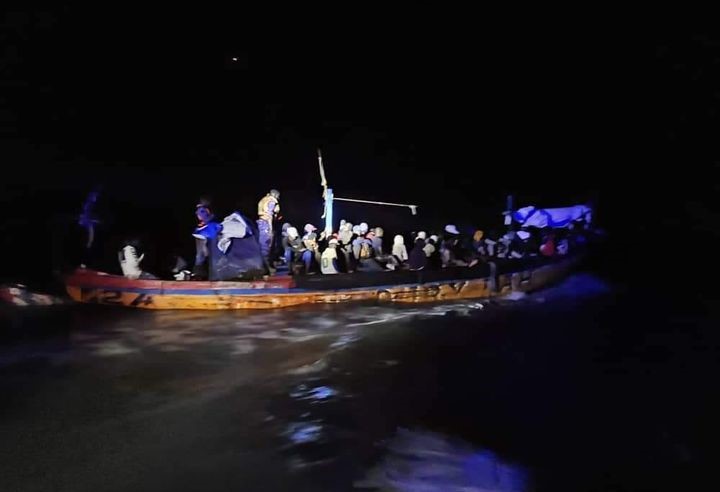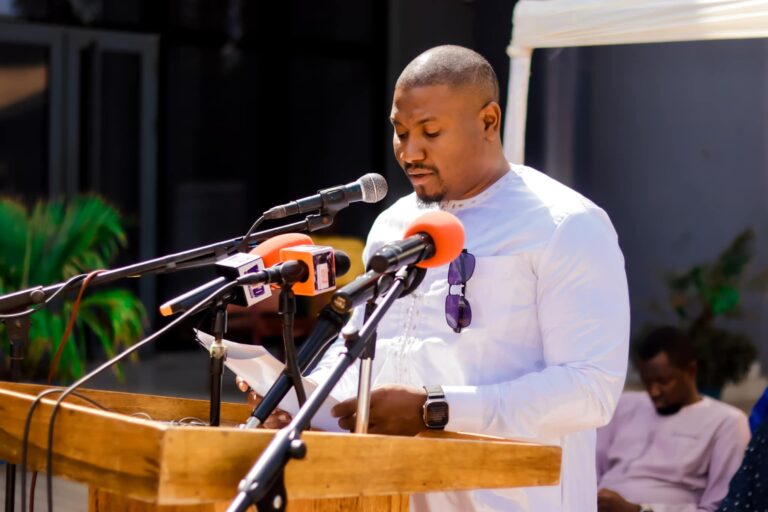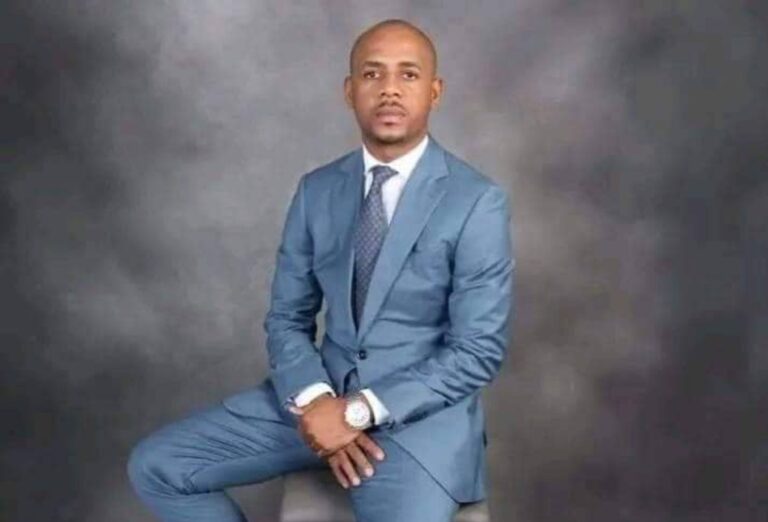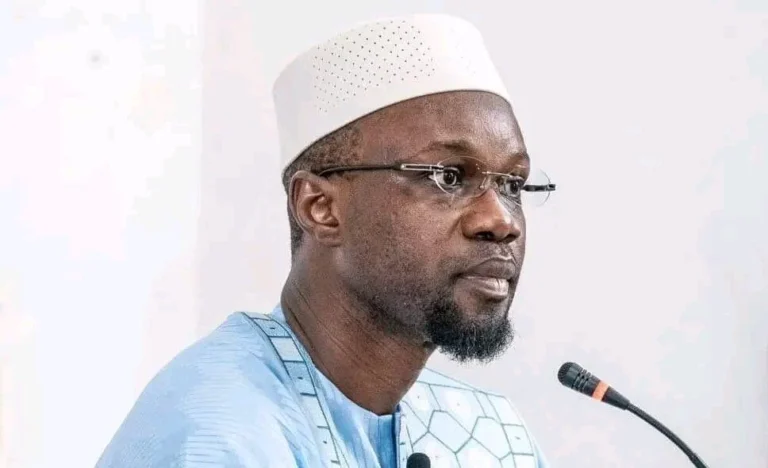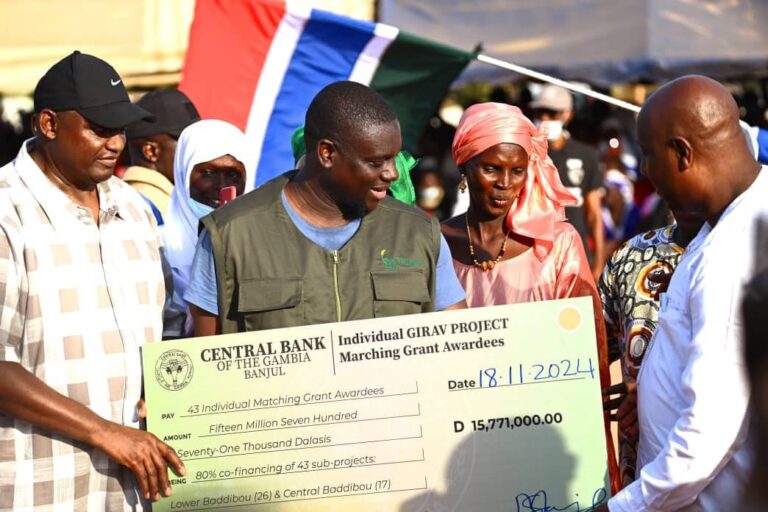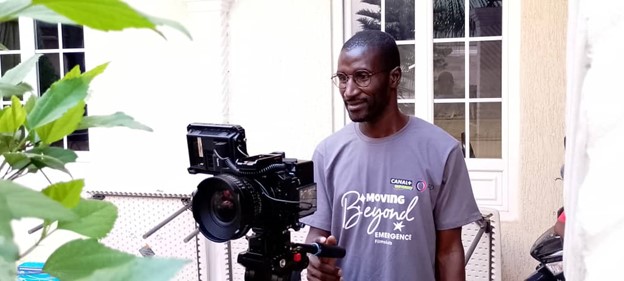By Bernice Ndeckey
Effective service delivery at Tanka Tanka, The Gambia’s only psychiatric hospital, under the Edward Francis Small Teaching Hospital (EFSTH), has been affected due to the numerous challenges it grapples with thanks to underfunding. The facility supports affected individuals battling with mental illness, but limited resources versus the rising number of mental health cases has burdened the institution beyond its ability.
The underfunding affects not only health care delivery at the facility but also the society at large, which hosts the mental health cases, leading to unemployment, homelessness, and possibly crime. Among others, Tanka Tanka struggles to provide a regular balanced diet, sufficient medication, therapy sessions for patients, and sufficient human resources.
By August this year, the facility has a capacity of 150 patients, and 32 healthcare providers (caregivers) who work on shifts, looking after 80 admitted patients. It hosts males and females, old and young, with patients as young as 13 years old. These included Gambians and non-Gambians.
Underfunding
The Tanka Tanka Psychiatric Hospital has insufficient human resources due to inadequate funding to hire more specialists. Without adequate government funding, the facility faces a looming crisis. This threat of collapse raises serious concerns about the future of mental health care management in the country.
Financial constraints have left the facility in ruins, with patients struggling to eat a non-balanced diet daily, and the corrugated roofs leak. Only four psychiatrists served the almost 100 patients. Nurses, psychiatrists, and support staff are overworked, leading to ineffectiveness. The shortage of qualified mental health workers resulted in patients receiving only the most basic care. This left their conditions under-monitored, and poorly managed, before discharge.
Bakery Camara, Matron at Tanka Tanka, has been serving in this capacity for over a year. His main responsibility is to oversee the daily operations of the hospital and to ensure patients receive the best possible care and treatments.
Matron Camara described the patients-to-caregivers ratio as ‘very high’ and attributed the facility’s challenges to ‘insufficient funding’. “The hospital is not only understaffed but underfunded. Currently, some rooms are leaking, and the patient’s diet is not balanced at all. For the past three weeks, we have not eaten a balanced diet. All we ate was Pap (porridge),” Camara revealed.
The facility has a bakery but struggles to bake bread due to inadequate funds to cater for the needed resources such as flour and fuelwood. This has turned the institution donor-dependent.
“All we can do is to write letters of appeal to different organisations for help. This is our usual trend,” Matron Camara said regarding how they solicit funding to meet the needs of patients.
Despite this, the facility positively impacts many lives who are now re-integrated into society and going about their businesses as productive members. This brings a sense of fulfilment and purpose to the team of caregivers at the country’s only mental health hospital.
A male beneficiary, treated at the facility now re-integrated into the society, shared with this reporter what life was like at the facility.
“I was admitted at Tanka Tanka for multiple drug abuse. I must say that my stay was bitter-sweet. Sometimes, we had nearly everything we needed; but sometimes, even medicine we didn’t have, or if we had, it’s not the actual thing we needed. We didn’t have good food just like at home … Honestly, Tanka Tanka is really suffering, the poor food, insufficient medication, mosquito bites etc.,” he recalled.
He pleaded with the authorities to pay more attention to mental health patients, as they too, are part of the society and called for much sensitization on the harms drug usage causes, which is one of the most common factors of the cases at the hospital.
Government Funding
Tanka Tanka Hospital is a department under the country’s main referral hospital- Edward Francis Small Teaching Hospital (EFSTH), from which it receives an insufficient monthly subsidy, amounting to D15,000 about USD 220 as per the Central Bank rate for 19th October 2024.
“We only receive D15,000 from Edward Francis Small Teaching Hospital (EFSTH) as petty cash monthly,” the matron said.
Request to Edward Francis Small Teaching Hospital to provide information on the budget and funding it provides for Tanka Tanka was not processed at the time of going to press, following several follow-ups. However, a senior health official at the EFSTH, estimated that such a facility would need at least a D2 million (USD 29, 320) monthly budget for drugs and consumables for “optimal expenditure”.
This amount received from EFSTH is certainly not enough to run a facility like Tanka Tanka. The difference (D1,985,000) between what the facility gets in funding (D15,000) and what it needs (D2m) for ‘optimum expenditure’ could cater for a balanced diet, purchase the needed drugs and consumables as well as the resources needed at the bakery at the facility. It could also be used to buy fuel for the standby generator, among others.
What Causes Most Mental Health Cases at Tanka Tanka?
Mental illnesses are health conditions involving changes in emotion, thinking or behaviour, or a combination of these. It is associated with distress or problems functioning in social, work or family activities. These disorders could vary in duration, severity and impact. They may be caused by a combination of genetic, biological, environmental and psychological factors.
Some common examples include depression, anxiety disorders, bipolar disorder, schizophrenia substance abuse, cannabis, etc. Mental illnesses are often diagnosable and treatable through various forms of therapy, medication or other interventions.
Muhammad Bah, a psychiatrist at Tanka Tanka, said that mental health cases in The Gambia are one of the illnesses affecting youth at its peak, usually coming during the festive period between January and April.
“During this period, most patients admitted are related to drug-induced cases, drug abuse, substance abuse etc. However, the cases drop around the rainy season when a lot of activities are halted. But after the rainy season, the number increases again. Conditions like schizophrenia, substance abuse, and acute psychosis, cannabis abuse, epilepsy, ‘Kush’ and other dangerous drugs have gushed in recent years even in the Gambia,” he said.
In recent years, The Gambia has registered a great number of mental health cases due to drug abuse, especially Cannabis, among others, according to a report by the WHO.
In the past 2 years, Cannabis was the leading cause of many mental health cases admitted at the facility. A total of 1,234 cases were related to the substance – 706 cases in 2022 and 528 in 2023, respectively. Although the number of cases dropped to 277 this year, the substance remains one of the leading causes of mental health in the country compared to other conditions in the past two years.
The chart below shows the number of mental health cases related to Cannabis in The Gambia from January 2022 to 2024.

Ends
Editor’s note: This story is produced with support from the PRJ investigative reporting fellowship, with funding from USG through USAID, and implemented by Freedom House. The content of this report does not in any way reflect the views of the US government, USAID, or Freedom House. It is the sole responsibility of the author and publisher.

